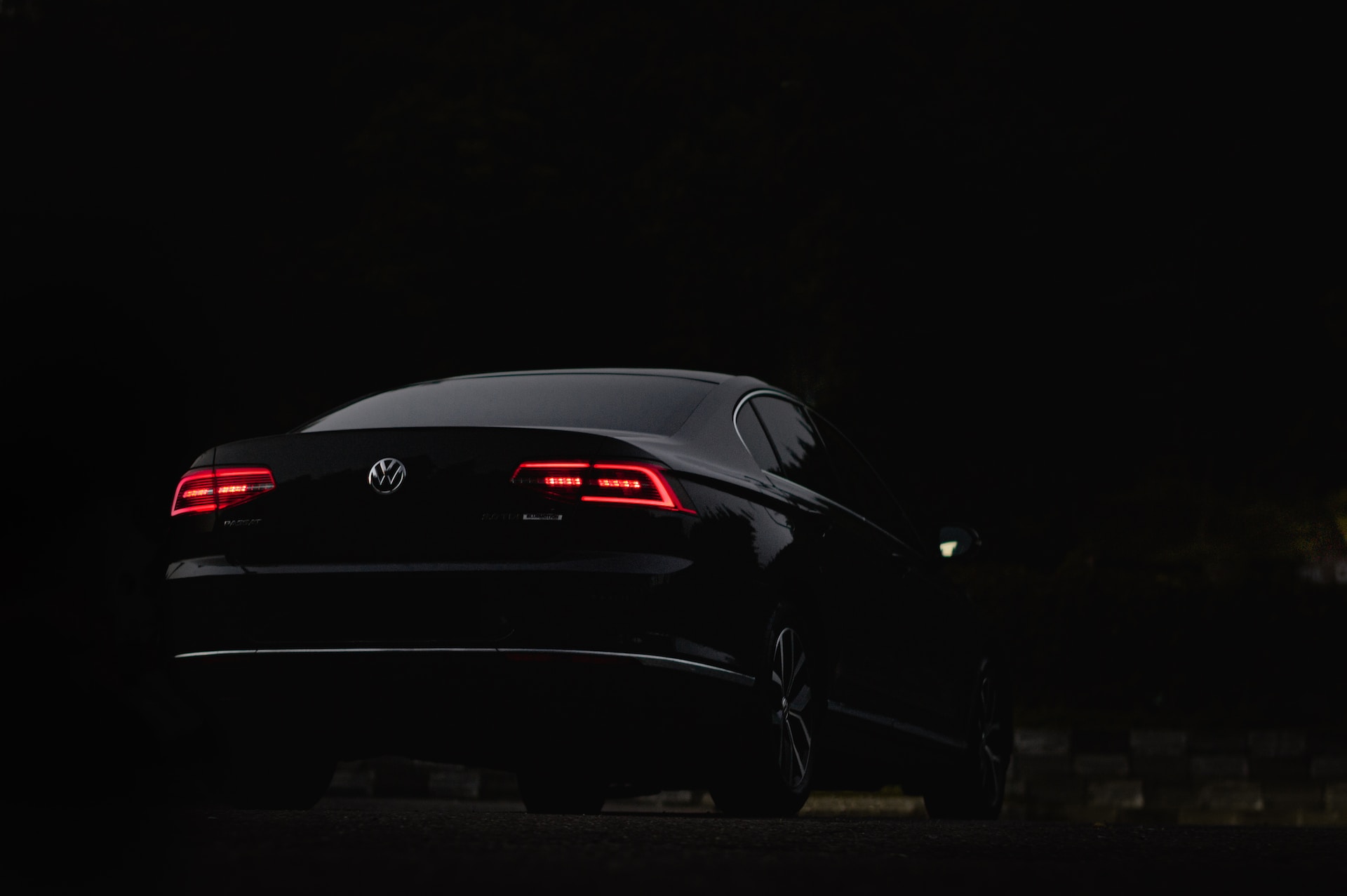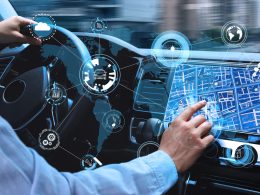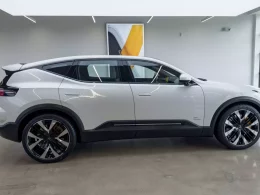As the world shifts towards a cleaner and more sustainable future, the automotive industry is not left behind. Major car manufacturers have been developing and launching electric vehicles (EVs) in recent years, and Volkswagen (VW) is among the front runners in this shift.
The German automaker has committed to making its entire vehicle lineup electric by 2040, and it has been making significant strides towards this goal. In 2020, the company delivered more than 231,000 electric vehicles, marking a 214% increase compared to the previous year.
One key factor in the company’s success is its compliance with regulations, particularly in the European Union. VW’s EVs have been meeting the emissions targets set by the EU, thanks in part to the company’s participation in foreign EV credit programs.
Foreign EV credit programs, also known as carbon credits, allow car manufacturers to earn credits for producing electric or low-emission vehicles. These credits can be sold or traded to other manufacturers who need to offset their emissions to meet regulations. VW has been one of the biggest earners of these credits in China, where the government has been offering generous incentives to promote EV adoption.
VW’s compliance with regulations is not limited to carbon credits. The company has also been working to ensure that its EVs meet emissions standards in other regions. In the United States, the company’s ID.4 electric SUV has received certification from the Environmental Protection Agency (EPA) for a range of 250 miles on a single charge.
Apart from compliance, VW has also been investing heavily in research and development to improve its EV technology. The company’s new MEB electric platform, which underpins its latest EVs such as the ID.4 and ID.3, has been praised for its efficiency and performance. The platform allows for various battery sizes, enabling VW to offer different driving ranges and power outputs.
VW has also been working on improving the charging infrastructure for its EVs. The company has partnered with several charging providers to expand the network of charging stations available to its customers. In the United States, VW’s subsidiary Electrify America has been building a nationwide network of charging stations, with plans to have around 800 stations operational by the end of 2021.
Despite these efforts, VW still faces challenges in convincing consumers to switch to electric. One of the biggest barriers is the higher upfront cost of EVs compared to traditional gas-powered vehicles. However, VW has been offering various incentives and financing options to make its EVs more accessible.
Another challenge is the range anxiety that many consumers feel, particularly for longer trips. However, with improvements in charging infrastructure and battery technology, this concern is gradually diminishing.
VW’s commitment to electric vehicles is not just a business strategy, but also a response to the urgent need to address climate change. As one of the world’s largest car manufacturers, VW has a significant impact on the environment. By shifting to electric, the company is taking a major step towards reducing its carbon footprint and contributing to a more sustainable future.
In conclusion, Volkswagen’s electric vehicles have been meeting emissions standards in various regions, thanks in part to its participation in foreign EV credit programs. The company’s investment in research and development, charging infrastructure, and incentives also shows its commitment to promoting EV adoption. While challenges remain in convincing consumers to switch to electric, VW’s efforts are a significant step towards a cleaner and more sustainable future.











